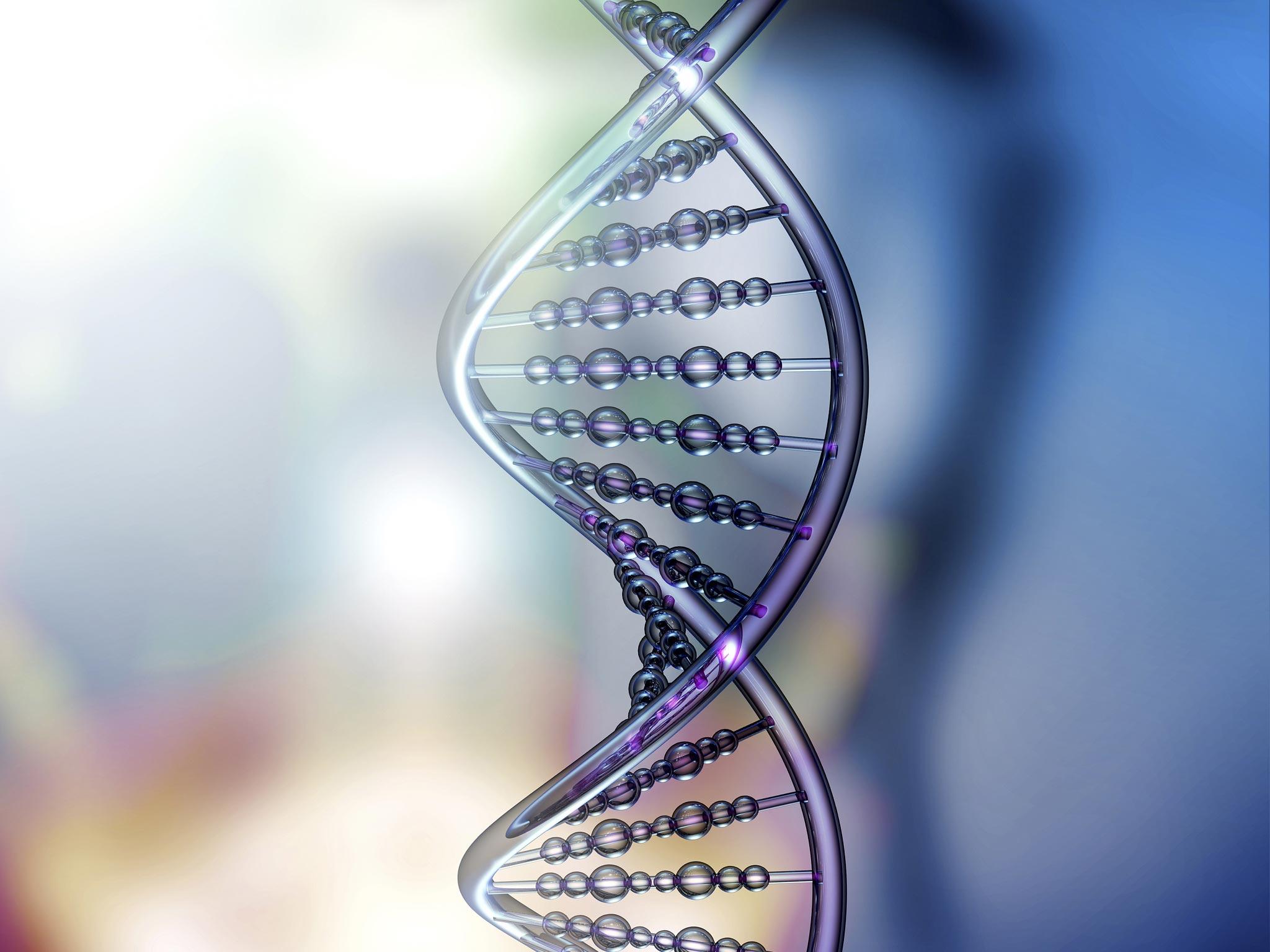Every cancer patient could have DNA tested under five-year government plan to cut deaths
Future goal is for every cancer patient to have his or her whole genome sequenced

Your support helps us to tell the story
From reproductive rights to climate change to Big Tech, The Independent is on the ground when the story is developing. Whether it's investigating the financials of Elon Musk's pro-Trump PAC or producing our latest documentary, 'The A Word', which shines a light on the American women fighting for reproductive rights, we know how important it is to parse out the facts from the messaging.
At such a critical moment in US history, we need reporters on the ground. Your donation allows us to keep sending journalists to speak to both sides of the story.
The Independent is trusted by Americans across the entire political spectrum. And unlike many other quality news outlets, we choose not to lock Americans out of our reporting and analysis with paywalls. We believe quality journalism should be available to everyone, paid for by those who can afford it.
Your support makes all the difference.A new era of genome-based personalised medicine could open up for cancer patients within five years under new plans unveiled by the Government's chief medical adviser.
The "genomics dream" outlined by Professor Dame Sally Davies would see millions of patients having all their DNA tested as genome sequencing becomes as routine as MRI or CT scans.
Ultimately, the future goal is for every cancer patient to have his or her whole genome sequenced, making the procedure as standard as blood tests and biopsies.
People with rare diseases are also expected to benefit from having greater access to the technology, ending the years long "diagnostic odyssey" of multiple tests and visits to different specialists.
Whole genome sequencing involves unscrambling the entire book of genetic instructions that make us what we are, encompassing 3.2 billion "letters" of code.
Research suggests that in 60 per cent of cases, the genomes of cancer patients reveal "actionable" data - personal mutations that can shape future treatment.
Tens of thousands of NHS patients have already had their DNA mapped, but the new recommendations set out in Chief Medical Officer Dame Sally's "Generation Genome" report aim to multiply the numbers many times over.
Dame Sally said: "The age of precision medicine is now and the NHS must act fast to keep its place at the forefront of global science .
"This technology has the potential to change medicine forever - but we need all NHS staff, patients and the public to recognise and embrace its huge potential.
"Genomic medicine has huge implications for the understanding and treatment of rare diseases, cancer and infections."
Currently, genetic testing of NHS patients in England is conducted via 25 regional laboratories and a plethora of smaller ones operating along the lines of a "cottage industry", said Dame Sally.
Her chief recommendation is to centralise all the labs and establish a national network providing equal access to the tests across the country.
Within government, a new National Genomics Board would be set up, chaired by a minister, to oversee the expansion and development of genomic services taking into account new advances within the rapidly evolving technology.
Other proposals include offering every existing clinician training in genomics and ensuring their descendants are equipped to practise genomic medicine.
The report also recommends setting up a standing committee of experts to advise on the availability of genetic tests and indications for their use.
Lessons could be learned from the highly successful 100,000 Genomes Project, which has now sequenced more than 31,000 genomes from patients with cancer and rare diseases, said Dame Sally.
Her report calls for a simplified two-stage consent system that draws on the Genomes Project model and makes it easier for patients to get involved in research studies and clinical trials.
Speaking at a news briefing in London, Dame Sally said she hoped to see the new system fully operational within five years.
Part of what made greater access to whole genome sequencing feasible was the rapidly reducing cost of the tests, which has fallen from several thousand pounds to an average £680, she pointed out.
Results from analysis of cancer samples could now be delivered in as little as four weeks.
In the short term, she wanted to see "all appropriate patients" given the opportunity to have their genomes sequenced under the guidance of experts.
Further down the line, she hoped the tests would become routine for every cancer patient.
Dame Sally said: "Yes, my dream is that, in the end, every patient gets their genome done if they've got cancer.
"It's not just their genome but its the cancer itself, and as the cancer changes over time and with treatment it will need redoing.
"But you go at it through what will give a worthwhile actionable result for the patients, and the experts will tell us."
Health Secretary Jeremy Hunt said he welcomed the report, pointing out that the UK had established itself as a world leader in genomics medicine.
He added: "Tens of thousands of patients across the country have already benefited from quicker diagnosis, precise treatment and care, and we will support the NHS to continue its relentless drive to push the boundaries of modern science to benefit even more people."
Press Association
Join our commenting forum
Join thought-provoking conversations, follow other Independent readers and see their replies
Comments